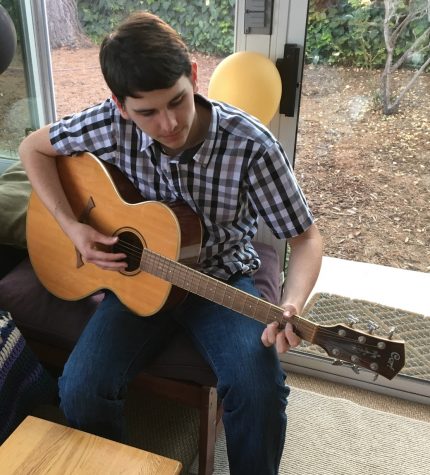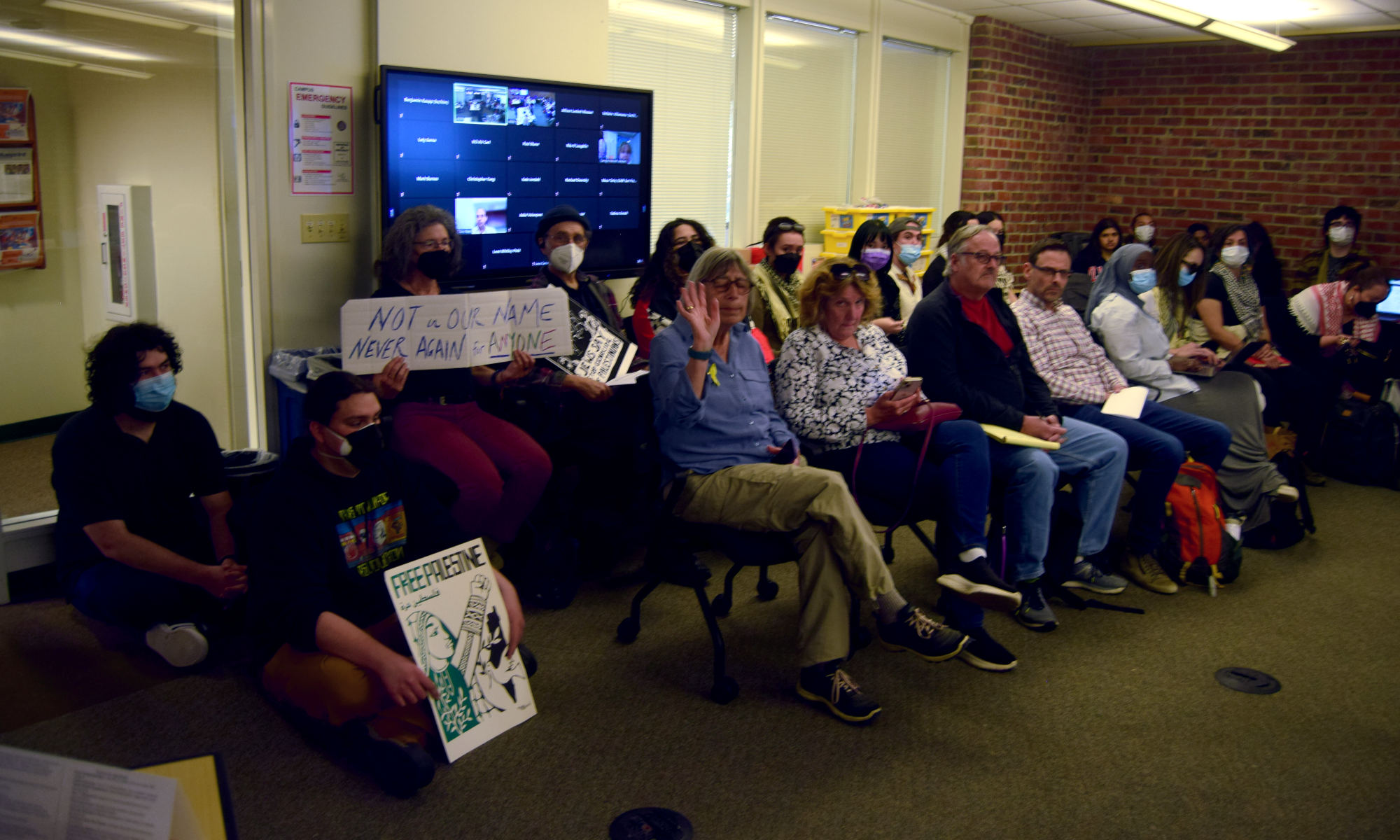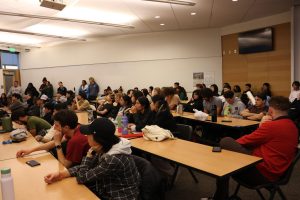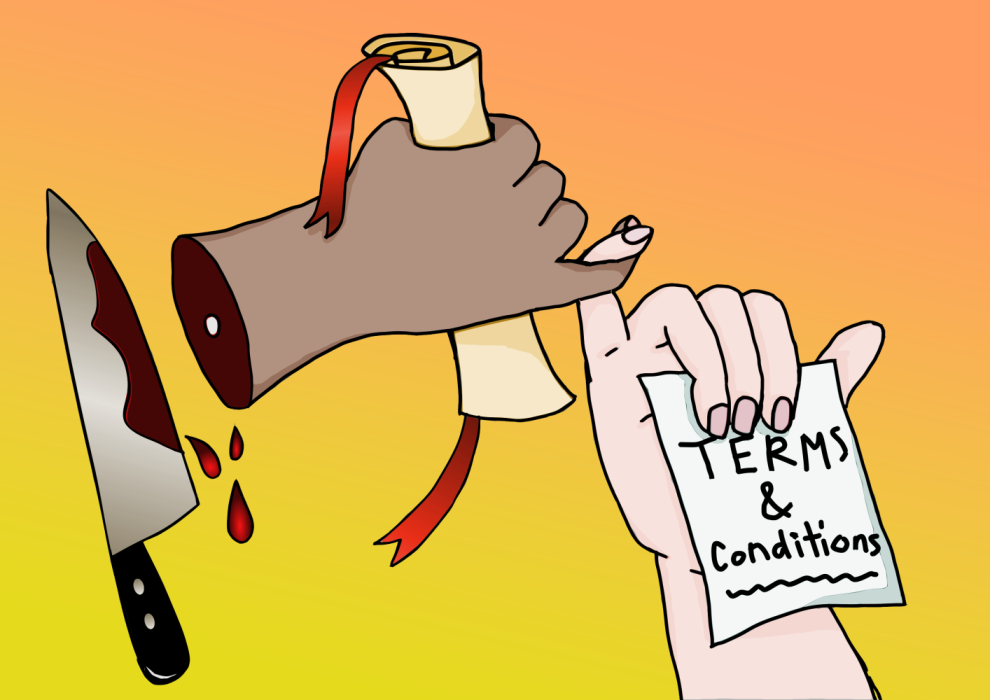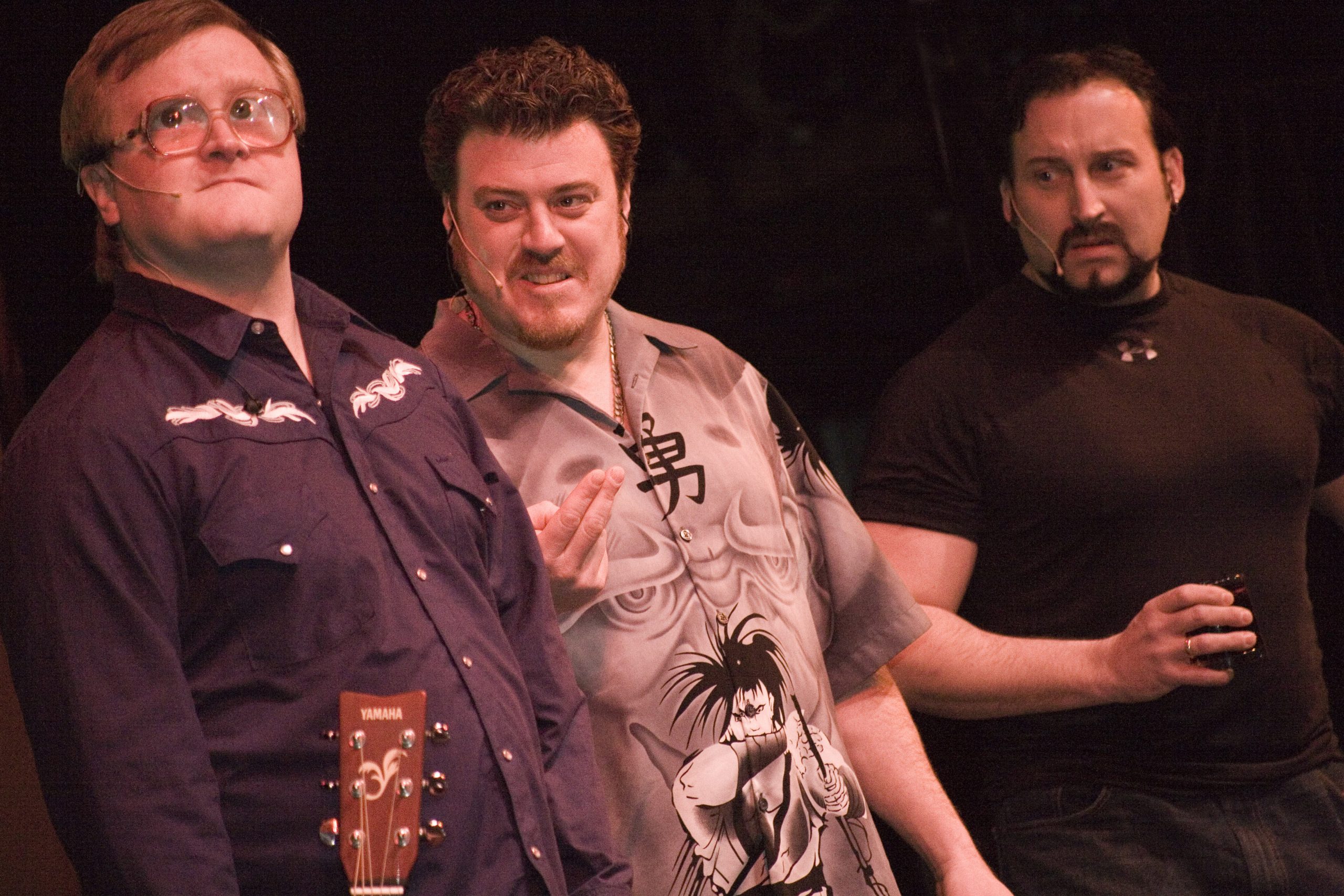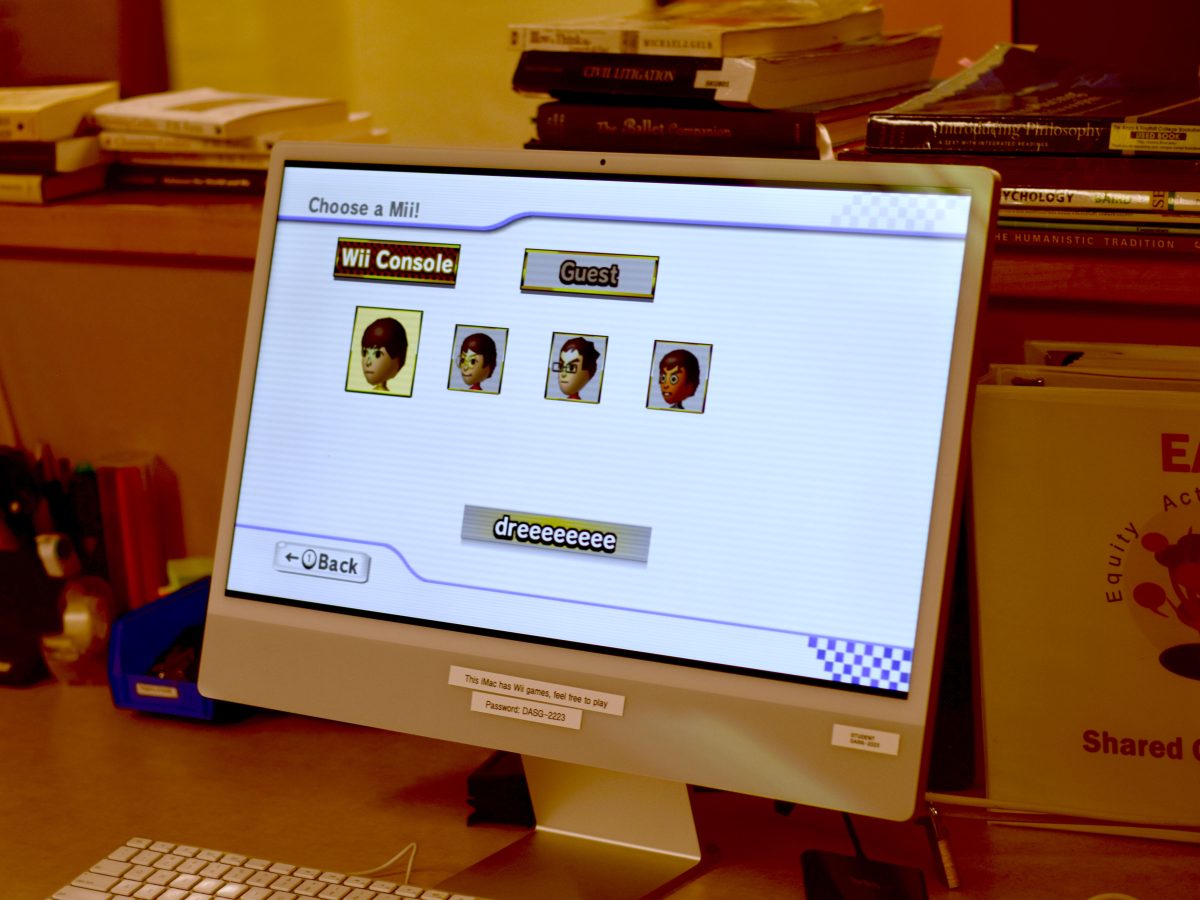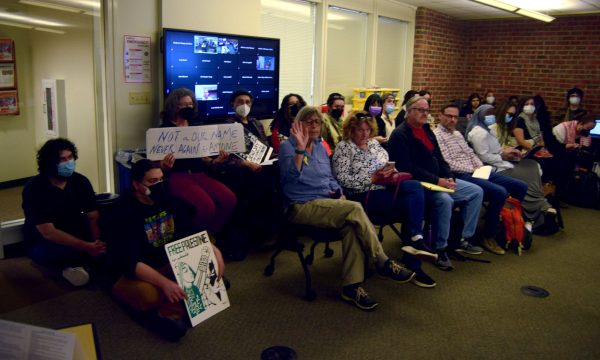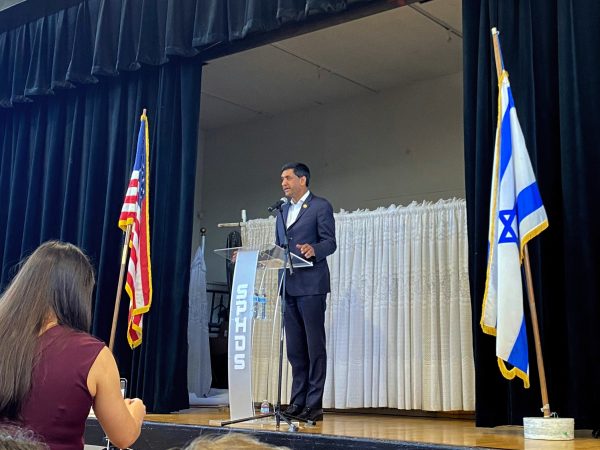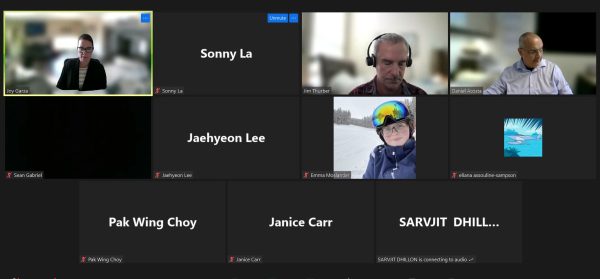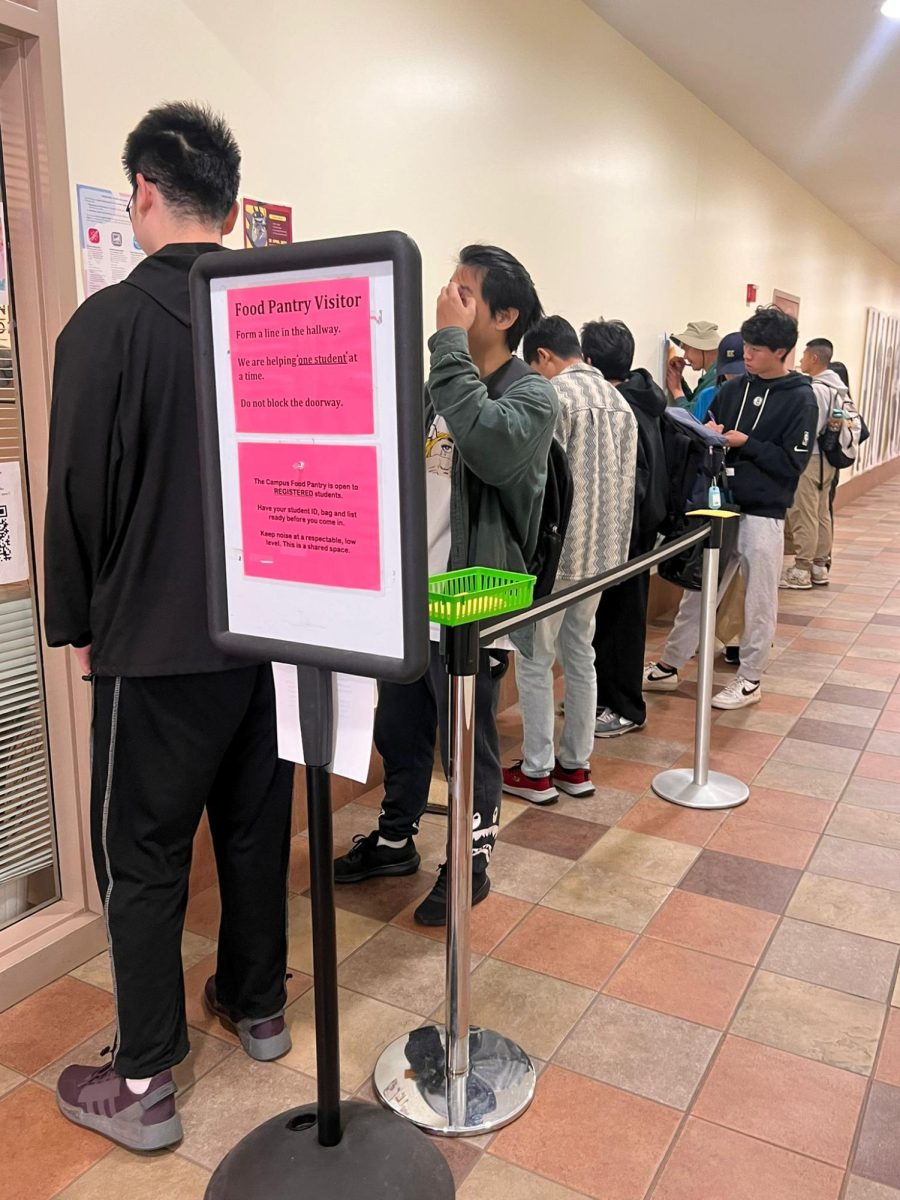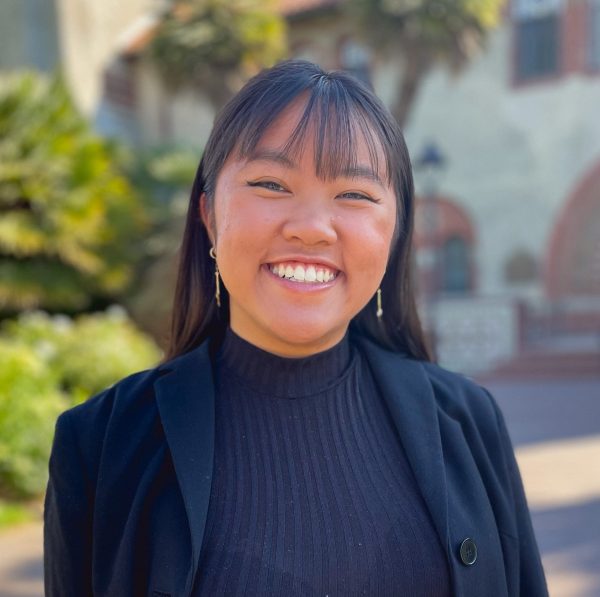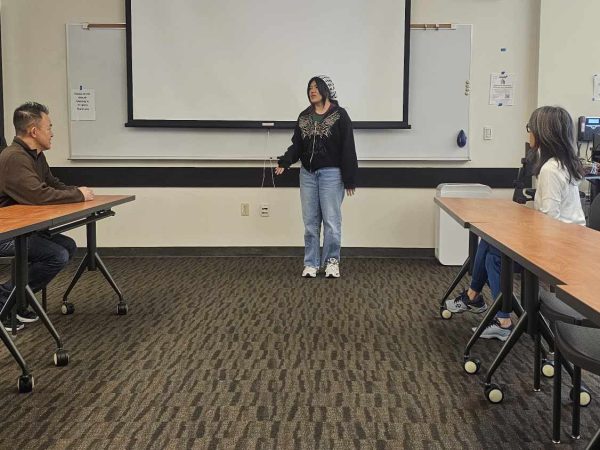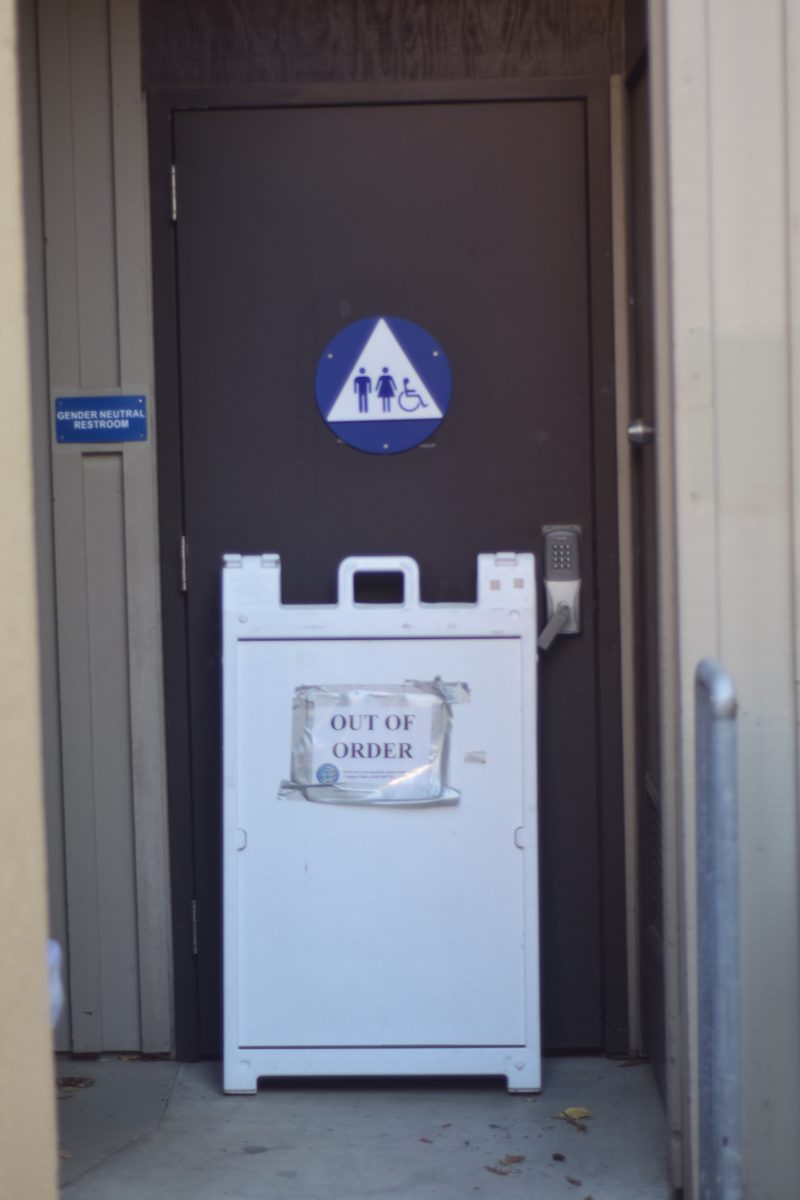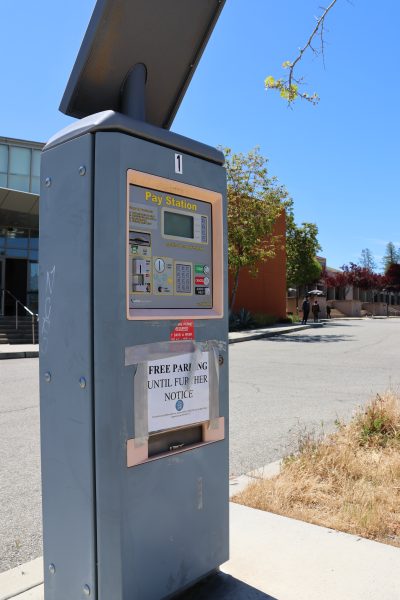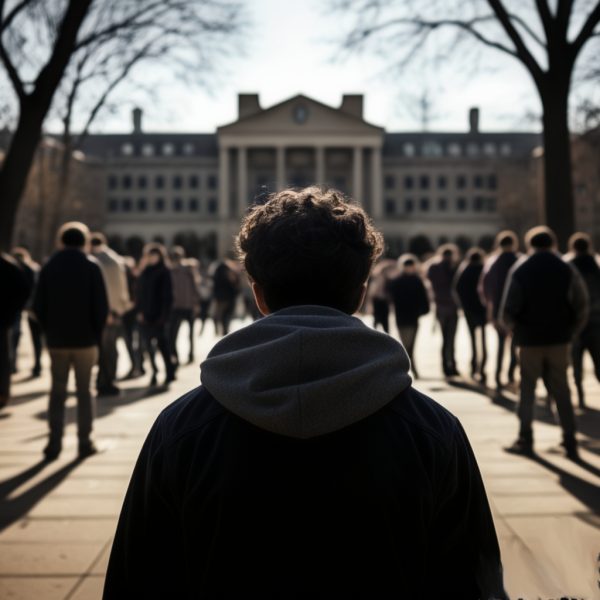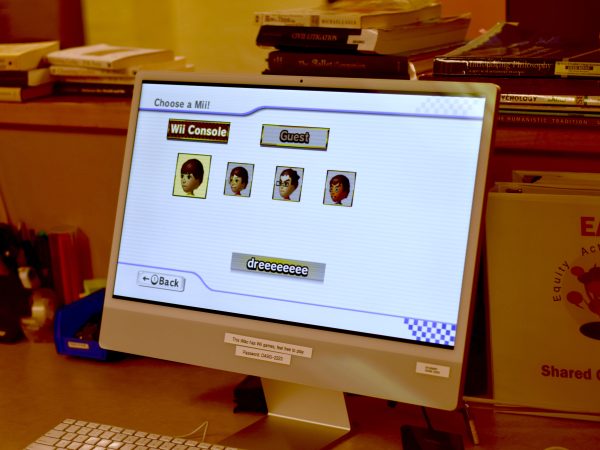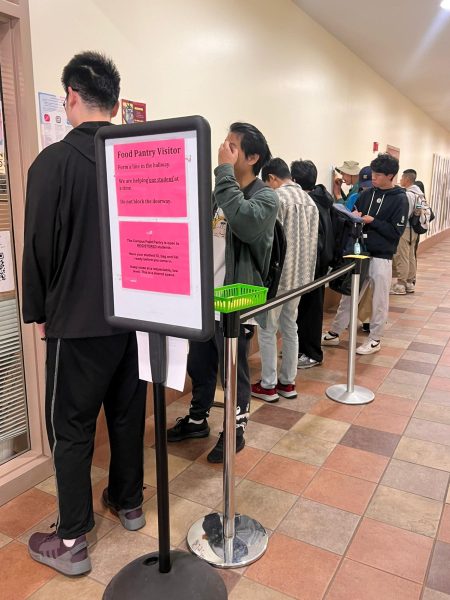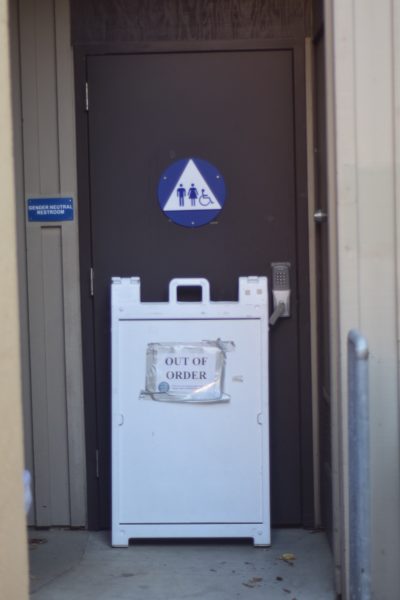Japanese-American internment Day of Remembrance evokes present-day concerns
March 27, 2018
Guest speakers at De Anza College’s Day of Remembrance event on February 20 used the discussion of the Japanese American Incarceration during World War II to rebuke President Trump’s efforts toward a “Muslim Ban.”
Anisa Chaudhry, 19, psychology major and President of the Muslim Student Association on campus, said that what happened to Japanese Americans can easily happen again.
Chizu Omori, freelance journalist and firsthand witness of the Japanese incarceration, said that Trump does not care about the Constitution.
“An executive order for us is a red flag,” she said, referencing the two travel ban executive orders issued by Trump in 2017, one in January and the other in March after the Ninth Circuit Courts of Appeals blocked the first.
Neither executive order contains the word “Muslim.” The executive order from March 2017 would have banned the entry of foreign nationals and refugees from Iran, Libya, Somalia, Sudan, Syria, and Yemen, while the first order would have also banned refugees and nationals from Iraq.
Francis Wong, Professor of Asian American studies at San Francisco State University, said that these orders are go-to tools that can lead to mass exclusion.
He said that growing up in San Francisco, he had neighbors who were sent to camps.
Omori told the story of how her and her family had been put into camps when she was only 12 years old. “I didn’t experience prejudice before the war, or after the war. There was just this interval.”
Katelyn Cortez, 20, communications major and intern at the California History Center, said that students should take ethnic studies courses, and that they helped her understand her own identity. “I don’t have to pretend to be white to be American.”
Paulina Hernandez, 21, history major and fellow California History Center intern, said that kids in the public school system should learn more local history. “All I learned about the history of California was the Gold Rush.”
Tom Izu, Executive Director of De Anza’s California History Center, referenced an act passed by Congress in 1988, which apologized for the Japanese Incarceration and promised to “discourage the occurrence of similar injustices and violations of civil liberties in the future.”
“Now more than ever, we have to hold the government accountable to the promise they made 30 years ago,” Izu said.



